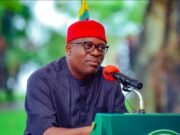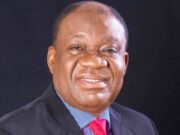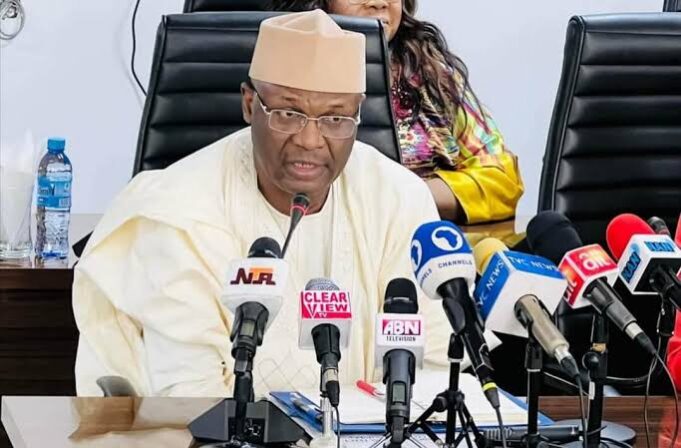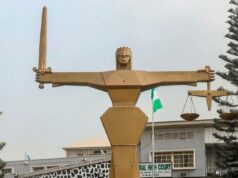The Independent National Electoral Commission (INEC) has defended its N126 billion budget request for 2025, clarifying that N85 billion is earmarked for personnel costs, while the remainder will fund electoral activities and preparations for the 2027 general election.
INEC Chairman, Prof. Mahmood Yakubu, provided this explanation while presenting the commission’s budget proposal to the Joint Committee on Electoral Matters in the National Assembly.
His remarks followed public scrutiny over the substantial budget request in a non-election year.
Speaking at a consultative meeting with media executives in Abuja on Friday, Yakubu emphasized that INEC’s budget for 2024 was also N40 billion, despite rising operational costs.
He explained that the funding constraints had affected critical activities, such as the continuous voter registration, which had to be suspended.
“Our budget for this year is N40 billion, the same as last year. However, last year, we struggled to cover essential activities. We had to put the resumption of voter registration on hold due to financial limitations,” he stated.
Yakubu further elaborated on the commission’s workforce, noting that INEC employs approximately 15,000 permanent staff but requires nearly one million ad hoc personnel during general elections.
“Polling units across Nigeria total about 177,000, each requiring four officials. Clearly, our 15,000 permanent staff are insufficient to manage elections alone. Additionally, we maintain offices in all 774 local government areas, state offices, an electoral institute, and nationwide storage facilities for election materials,” he explained.
On electoral offences, Yakubu disclosed that 774 individuals from the 2023 general elections are currently facing prosecution.
He cited a recent successful conviction of a Returning Officer in Akwa Ibom State for an offence committed during the 2019 elections, highlighting the commission’s commitment to addressing electoral malpractice.
“Through our collaboration with the Nigerian Bar Association (NBA), electoral offence cases from the 2023 elections are being prosecuted. We have secured convictions in Kebbi and Kogi States, while our partnership with the Economic and Financial Crimes Commission (EFCC) on vote-buying has yielded results in Lagos, Kwara, and Gombe States,” he said.
However, Yakubu noted that a major challenge in tackling electoral offences is the slow judicial process, as cases are prosecuted in Magistrate and State High Courts without priority consideration.

















